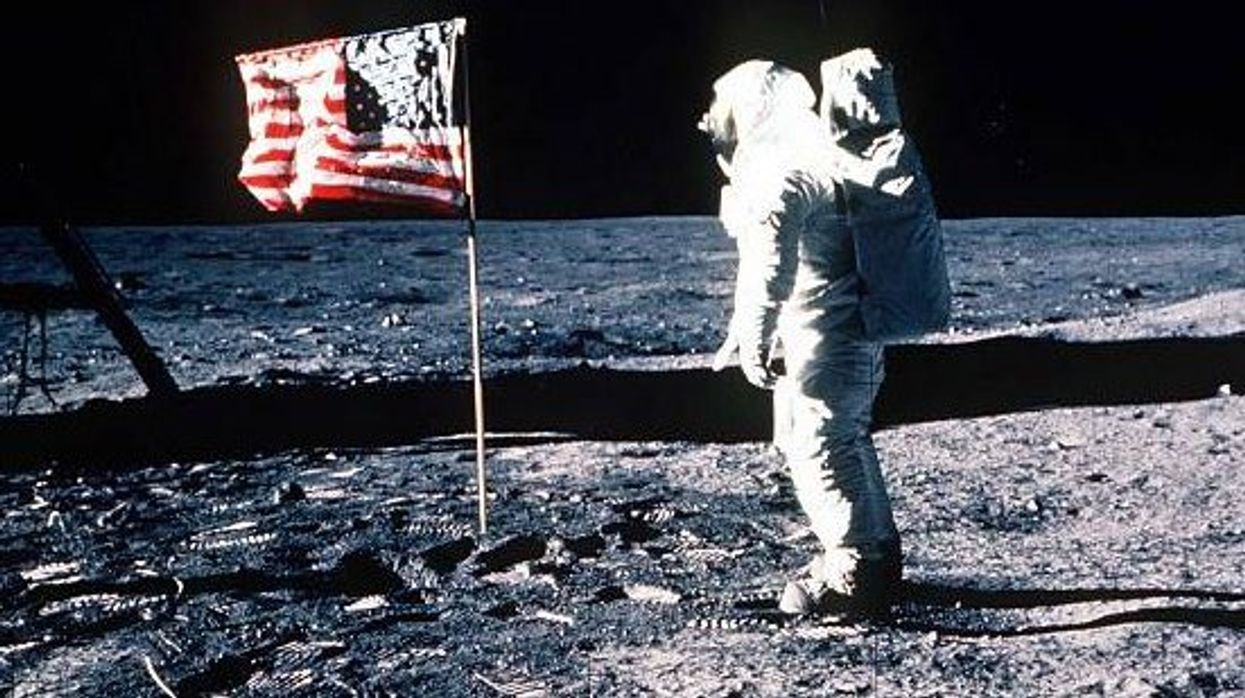Alex Daniel
Jan 07, 2024
NASA-Backed Missions Set To Break US Moon Landing Hiatus
unbranded - Newsworthy / VideoElephant
The countdown is on for a milestone mission to put a privately built US lander on the moon on Monday.
The "Peregrine" lander, developed by Pittsburgh-based company Astrobotic, is scheduled to power into the sky at 7.18am UK time on Monday 8 January.
It would be the first commercial mission to successfully touch down on the moon, and the first US-backed mission in more than 50 years since the end of the Apollo project.
Nasa has said there is a high chance of good weather on Monday at the takeoff site at Cape Canaveral, Florida, meaning the mission should go ahead.
The Peregrine will loop around the Earth once, then head for the moon and start orbiting it before trying to land on 23 February.
A successful touchdown would mark a major milestone for the commercial space industry, and would open up the cosmos beyond just governments and militaries.
So far, only four countries have successfully landed on the moon: the US, the former Soviet Union, China and, most recently, India.
Nasa will also send scientific instruments up aboard the robotic lander, in a move which marks the start of a new programme where it pays private companies to deliver its equipment up to the moon.
Peregrine carries five Nasa payloads and 15 others. One, a shoebox-sized rover from Carnegie Mellon University, is set to become the first US robot to take a spin on the moon.
John Thornton, chief executive of Astrobotic, said: "There’s a lot riding here. It’s a mix of emotions. There’s thrill and excitement, but I’m also a bit terrified because there’s a lot on the line."
Not all the payloads are scientific either. A copy of Wikipedia, a physical coin loaded with one Bitcoin, a lump of Mount Everest and boxes containing novels and photographs will also go up there.
Scientists have broadly been supportive of the commercial interest in moon landings, but some are wary, saying governments should impose rules which protect certain sites against exploitation.
Prof Katherine Joy at the University of Manchester, a member of the Prospect science team, which will use a drilling and sampling instrument on a future CLPS mission to assess resources on the moon, told The Guardian: "People should think about this now. We are a long way from space mining, but companies are taking those first steps to understand where would you go and what technology would you deploy."
How to join the indy100's free WhatsApp channel
Sign up to our free indy100 weekly newsletter
Have your say in our news democracy. Click the upvote icon at the top of the page to help raise this article through the indy100 rankings.
Top 100
The Conversation (0)














